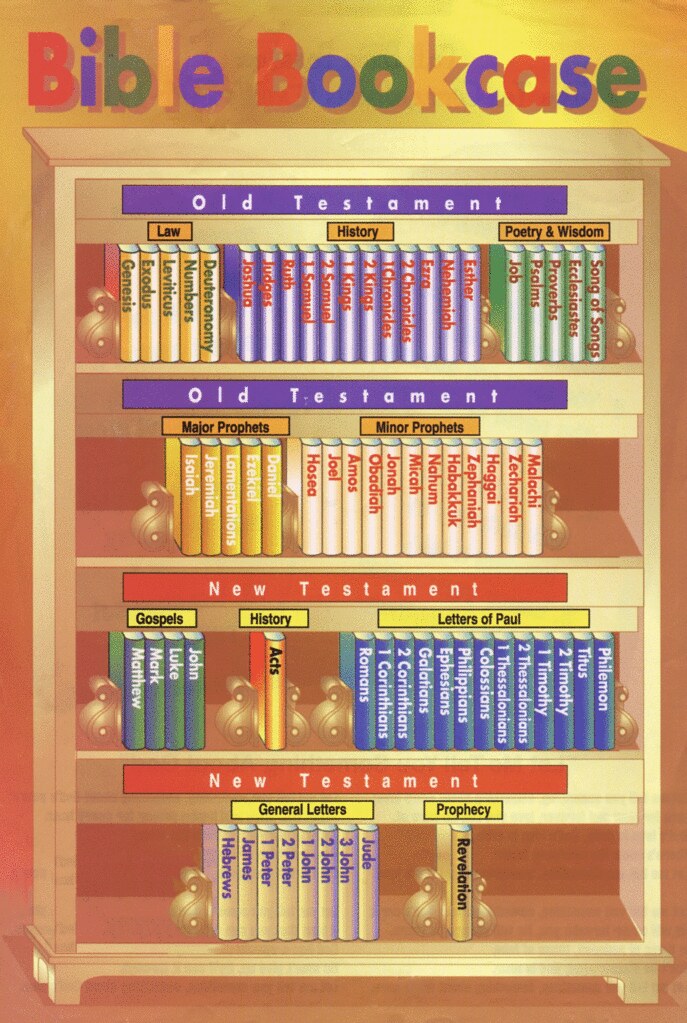LINK: Exodus 34
BACKGROUND
The beginning of this chapter is the fulfillment of Moses' request to see God's glory from the previous chapter. The LORD revealed His glory by displaying His covenantal name:
The LORD, the LORD God, compassionate and gracious, slow to anger, and abounding in lovingkindness and truth; who keeps lovingkindness for thousands, who forgives iniquity, transgression and sin; yet He will by no means leave {the guilty} unpunished, visiting the iniquity of fathers on the children and on the grandchildren to the third and fourth generations. (34:6-7)
This is one long name, but it sums up the delicate balance of God's nature. He is both loving and forgiving but He deals with sin justly. This explanation of His name will be repeated throughout the Old Testament.
I love Moses' response: "Moses made haste to bow low and worship" (34:8). Awesome. His worship was followed by intercession. (Jesus had found favor too, and He interceded for us in John 17). God then renewed His covenant and repeated much of what He stipulated in Exodus 19-24.
He reiterated that His people should not make a covenant with the inhabitants of the land they were about to possess because the worship of their gods would become a snare, but we will see in the future how this part of the covenant was not followed by Israel over and over again!
The Asherim were mentioned in 34:13. These were symbols of Asherah, the name of the wife of El who was the chief Canaanite god. Wooden poles were often carved with her image.
In this renewal, they also were reminded of the Sabbath and the observance of the feasts. HERE is the Feasts Chart I mentioned before. It will become more helpful as we study Leviticus. The reason they were to observe the feasts was so that Israel would center on GOD and not on the gods of the land they were about to inhabit. The observances also made a statement of God's power to the inhabitants of the land.
Moses came down with his face shining because he had been in the presence of God for forty days and forty nights. His face struck fear in the people. So, he covered his face with a veil.
We find a New Testament parallel to this in 2 Corinthians 3:7-18:
But if the ministry of death, in letters engraved on stones, came with glory, so that the sons of Israel could not look intently at the face of Moses because of the glory of his face, fading as it was, how will the ministry of the Spirit fail to be even more with glory? For if the ministry of condemnation has glory, much more does the ministry of righteousness abound in glory. For indeed what had glory, in this case has no glory because of the glory that surpasses it. For if that which fades away was with glory, much more that which remains is in glory. Therefore having such a hope, we use great boldness in our speech, and are not like Moses, who used to put a veil over his face so that the sons of Israel would not look intently at the end of what was fading away.
REFLECTION/APPLICATION
This passage has caused me to reflect and sing the Michael Card song called "The Face that Shone" today. It is a song about Moses and another face that shone! Enjoy a day of worship as you meditate on the lyrics:
He ate the bread of heaven
Drank water from the rock
And the grumbling children followed
Like a misbegotten flock
He climbed up on a mountain
They couldn’t even touch
Who’d ever known that one encounter
Could have ever meant so much
And up upon that high place
In a cleft of solid stone
His face was set on fire
As the God of Glory shone
He alone had seen it
And had lived to tell the tale
But because they feared the fire
He had to hide behind a veil
A face that shone with the radiance of the Father
Though it had known and endured dark desert days
A face that shone with the glory of Another
So the prophet would discover
As the glory was fading away
He was the Bread from Heaven
He would be the smitten Rock
He had twelve confused disciples
They were his bewildered flock
When he climbed upon the mountain
He took Peter, James and John
In the face of pending glory
They soon began to yawn
As he prayed while they were sleeping
He was transfigured into Light
His face a flash of lightning
His clothes so burning bright
So Moses finally saw the face
Before he’d hidden from
Then came a voice from heaven
“This is my beloved Son”
The face that shone is the Glory of the Father
And he had known from the start that it was so
The face that shone had let the light shine out of darkness
And we’re changed into His likeness
As we gaze upon the Son
But you and me we tend to flee from shining faces
We see the glow and then we know that we’re undone
They shine His light into our emptiest of spaces
With their bright and shining faces
Reflect the radiance of the Son
The face that shone is the Glory of the Father
And he had known from the start that it was so
The face that shone had let the light shine out of darkness
And we’re changed into His likeness
As we gaze upon the Son
PRAYER
Lord, we want to shine like Jesus! Praise You that Jesus let light shine out of darkness. Lord, may we change into Your likeness as we gaze upon the Son. We ask this in Jesus' name. Amen.



